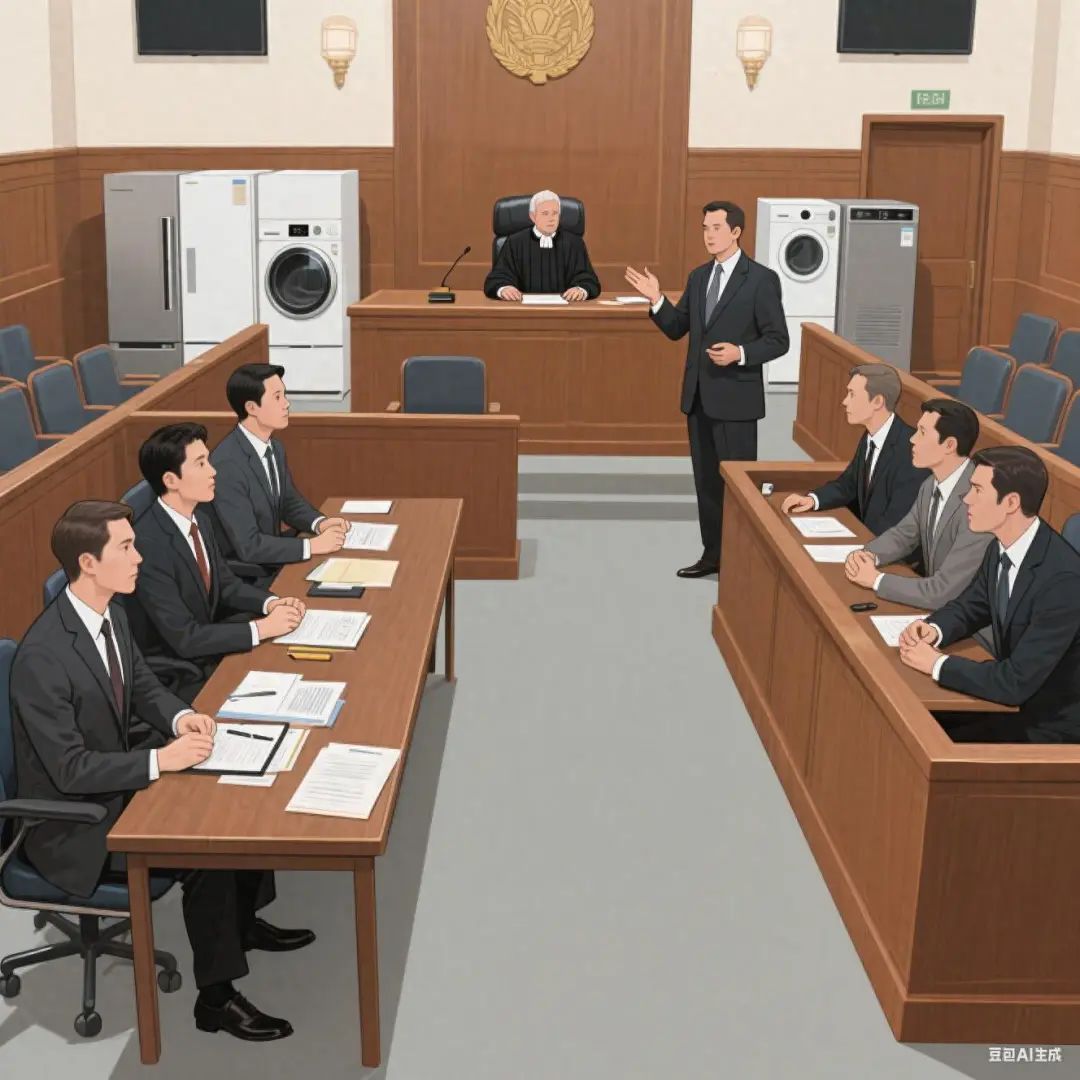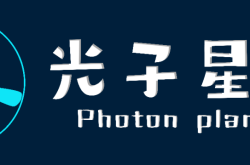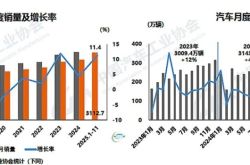TCL Smart Home's Challenge: Four Years On, Has Integration with Homa Appliances Failed?
![]() 07/10 2025
07/10 2025
![]() 546
546
Four years after the acquisition, new developments have emerged in the relationship between TCL Smart Home and "Homa Appliances."
Recently, TCL Smart Home initiated legal proceedings against its subsidiary, "Guangdong Homa Refrigerator Co., Ltd." (hereinafter referred to as Homa Appliances).
The lawsuit stems from a dispute over the company's Articles of Association. Specifically, the board of directors of Homa Appliances, currently comprising six members jointly appointed by all shareholders, includes clauses that require a special resolution for the election and replacement of non-employee representative directors when the listed company's actual control changes. TCL Smart Home argues that these clauses are ineffective, impinge on the rights of controlling shareholders, and hinder the long-term growth of Homa Appliances.

This scenario underscores the importance of corporate governance and internal control within a listed company.
The case garners attention due to two primary factors: First, Homa Appliances is a subsidiary of Homa Electric Appliances, which TCL Smart Home acquired in 2021 amidst significant resistance. Four years later, TCL Smart Home still relies on litigation to resolve management issues, suggesting potential internal disagreements. Second, Homa Appliances accounts for over 70% of TCL Smart Home's revenue. Any conflict could negatively impact both entities, leaving investors concerned.
TCL Smart Home: A Forced Union with Lingering Challenges?
Many observers are unsurprised by the ongoing battle for control between TCL Smart Home and Homa Appliances.
TCL's acquisition of Homa Electric Appliances was fraught with challenges, including fierce resistance from Homa Electric Appliances, which employed "porcupine clauses" as a defensive measure. These clauses aimed to thwart unauthorized acquisitions by making them legally infeasible.
Despite these obstacles, TCL eventually became the largest shareholder of Homa Electric Appliances through various means, such as centralized bidding and court auctions. However, it appears that TCL Smart Home has yet to fully integrate Homa Appliances.
Why has Homa Appliances resisted so vigorously? Two main reasons can be discerned:
Firstly, the initial combination felt like a business matchmaking gone awry. Homa Electric Appliances, once a thriving ODM manufacturer, saw TCL as a potential savior amidst financial struggles. However, TCL's ambitions extended beyond mere financial support, aiming for complete control.
Secondly, the strategic synergies between the two companies remain unclear. From TCL's perspective, the acquisition has yielded financial returns, with Homa Appliances contributing significantly to TCL Smart Home's revenue growth. However, this appears to be a case of one strong entity supporting a weaker one rather than a true strategic alliance.
Homa Appliances, with its mature overseas business model and established market presence, may not have seen the need to become a subsidiary, especially without tangible strategic benefits.
As an investor, one hopes that TCL Smart Home will reevaluate its relationship with Homa Appliances. Internal friction is common in acquisitions but must be managed carefully to avoid long-term damage.
For instance, Mengniu Dairy's acquisition of Yashili years ago intended to bolster its milk powder business. However, Mengniu's lack of experience in this sector led to significant interference in Yashili's operations, resulting in the loss of the original team and failed integration.
TCL Smart Home and other second-tier home appliance companies must learn from such examples and strive for smoother integrations. While first-tier companies like Midea and Haier frequently engage in mergers and acquisitions with minimal friction, second-tier companies face greater challenges due to their weaker brand effects and management capabilities.
In the end, successful integrations hinge on brand strength, strategic synergies, and effective management. TCL Smart Home must address these issues to achieve long-term success with Homa Appliances.
Moreover, the competitive landscape for second-tier brands like TCL is intensifying. With downward pressure from top-tier brands and upward challenges from new consumer brands, TCL must differentiate itself to maintain market share.
In conclusion, TCL Smart Home's acquisition of Homa Appliances remains a work in progress. While financial returns have been positive, the lack of strategic synergies and ongoing internal friction pose significant challenges. TCL must address these issues to ensure a successful and mutually beneficial relationship with Homa Appliances.
2. Profitability Ceiling: The ODM model has long struggled with a net profit margin below 6%. The transition to high-end products has been sluggish due to insufficient R&D investment, making it challenging to escape the price war trap.
3. Risk Resistance Ceiling: An excessive dependence on refrigerator categories and the European market, coupled with geopolitical policies (e.g., the EU carbon tariff) and fluctuations in customer orders, can easily lead to significant performance volatility.
It is evident that following the redistribution of benefits, competitive pressure will inevitably intensify. As the domestic market gradually reaches saturation, the Big Three will increasingly prioritize overseas business. Competing directly with Haier, Midea, and Gree in the future will pose a significant challenge.
Moreover, from a brand perception perspective, consumers' awareness of TCL's white goods is not as profound as their awareness of its TVs. Although TCL Smart Home introduced a smart home strategy last year to address this, it appears that there has been no significant progress this year, possibly due to limited investment resources.
However, for the TCL Group, white goods represent an important growth area both domestically and internationally. If Smart Home can demonstrate exceptional capabilities, it is bound to gain the support of the entire group.
Given the limited resources, can the management team adopt a different approach and leverage its strengths? Homa's overseas business is already impressive. If it can excel in refrigerators, is there potential for other businesses to follow suit?
Ultimately, it might be beneficial to give the Homa management team a more prominent voice within the company. If overseas business continues to grow, with the group's resource allocation and subsequent R&D efforts, the domestic business can also carve out a niche.
Disclaimer: This article provides commentary based on the company's legally disclosed content and publicly available information. However, the author does not guarantee the completeness or timeliness of this information. The stock market involves risks, and investors should exercise caution. This article does not constitute investment advice, and investors must make their own judgments regarding investments.





